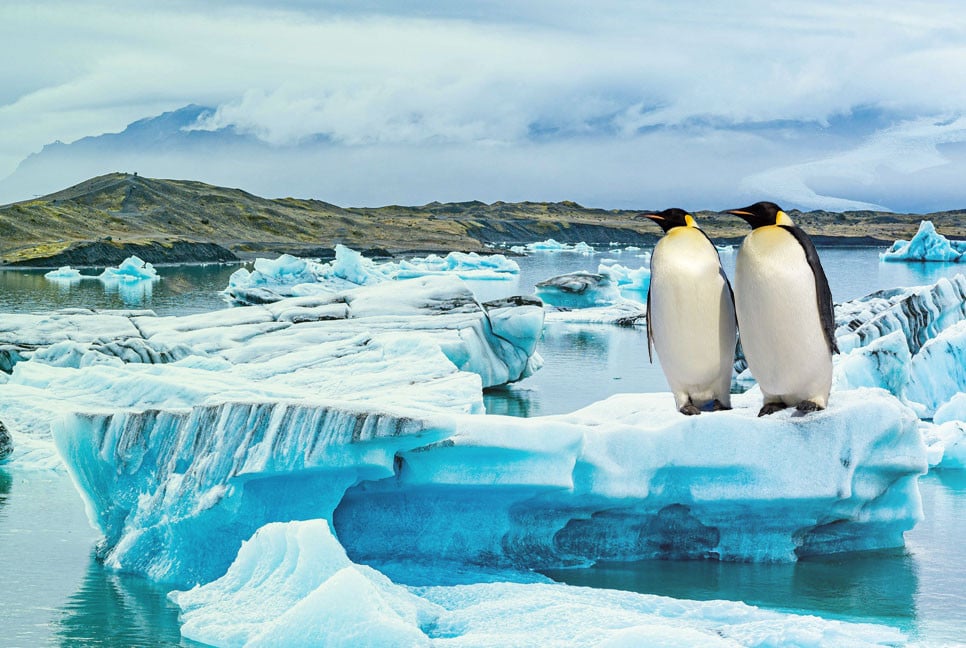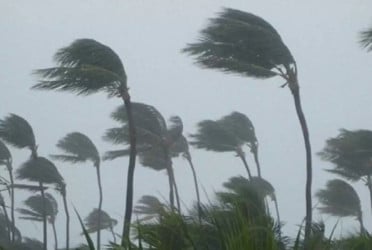Recent satellite data has revealed that global sea-ice extent has reached an all-time low, highlighting further evidence of the planet's warming. According to BBC analysis of data from the US National Snow and Ice Data Center (NSIDC), the combined sea-ice in the Arctic and Antarctic reached 15.76 million square kilometers (6.08 million square miles) from February 8-13, 2025. This marks the lowest five-day record, breaking the previous low of 15.93 million square kilometers (6.15 million square miles) recorded in early 2023.
The loss of sea-ice around both the Arctic and Antarctic regions is increasingly concerning as this frozen layer plays a crucial role in cooling the Earth by reflecting the Sun's energy back into space. As this ice diminishes, darker ocean waters absorb more heat, contributing to further global warming. The shrinking of Arctic sea-ice has been well-documented, with the extent at the end of summer shrinking from an average of 7 million square kilometers in the 1980s to 4.5 million square kilometers in the 2010s. However, Antarctic sea-ice had remained resilient until recently.
Walter Meier, senior research scientist at NSIDC, stated that the Antarctic has now "moved into a new regime of lower ice extents," driven largely by warmer air and ocean temperatures. Tom Bracegirdle, research scientist at the British Antarctic Survey, added that high air temperatures during December and January likely led to significant surface melting on Antarctic ice shelves, which could have contributed to the sea-ice decline.
This record-breaking low in Antarctic sea-ice comes on the heels of a similar event in 2023, which was considered a one-in-2,000-year event without climate change. At the opposite pole, Arctic sea-ice is tracking nearly 0.2 million square kilometers below anything previously recorded for this time of year, largely due to unusually warm ocean temperatures and storms disrupting the ice in regions like the Barents and Bering Seas.
The reduction in sea-ice has serious implications not only for local wildlife, including polar bears and penguins, but also for the planet’s climate. Simon Josey, a professor at the National Oceanography Centre, warned that a significant shift in sea-ice distribution could impact the Earth's natural cooling systems and the ocean circulation that helps regulate global temperatures. The Arctic, warming at nearly four times the global average, is projected to be ice-free in summer at least once before 2050, with some studies suggesting this may happen sooner.
The decline in polar sea-ice is contributing to a loss of the natural cooling effect that the ice provides, with an estimated 14% of its cooling power lost since the mid-1980s. This ongoing shift underscores the urgent need for global action to address the consequences of climate change, with wide-ranging effects on ecosystems, human societies, and the global climate system.
Bd-pratidin English/ Jisan































































